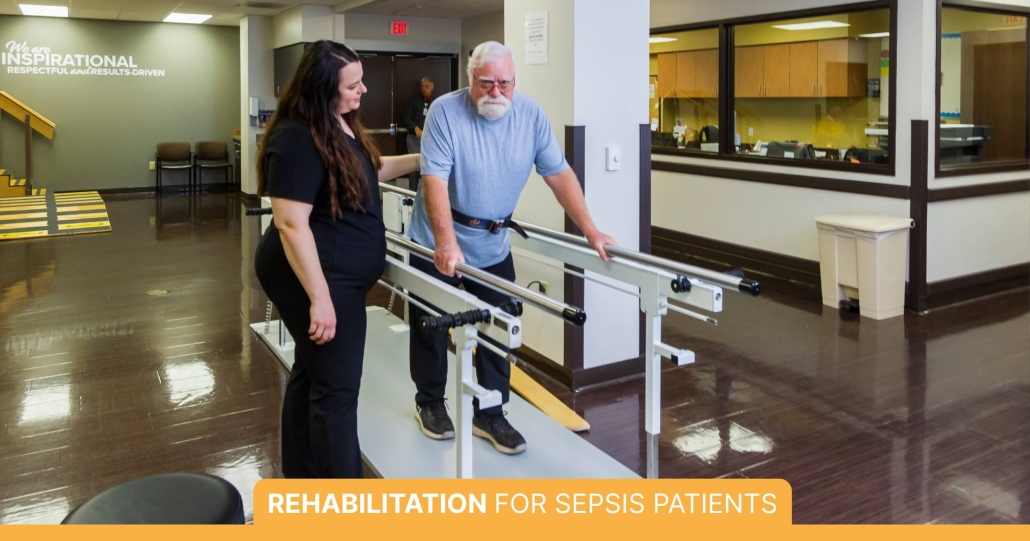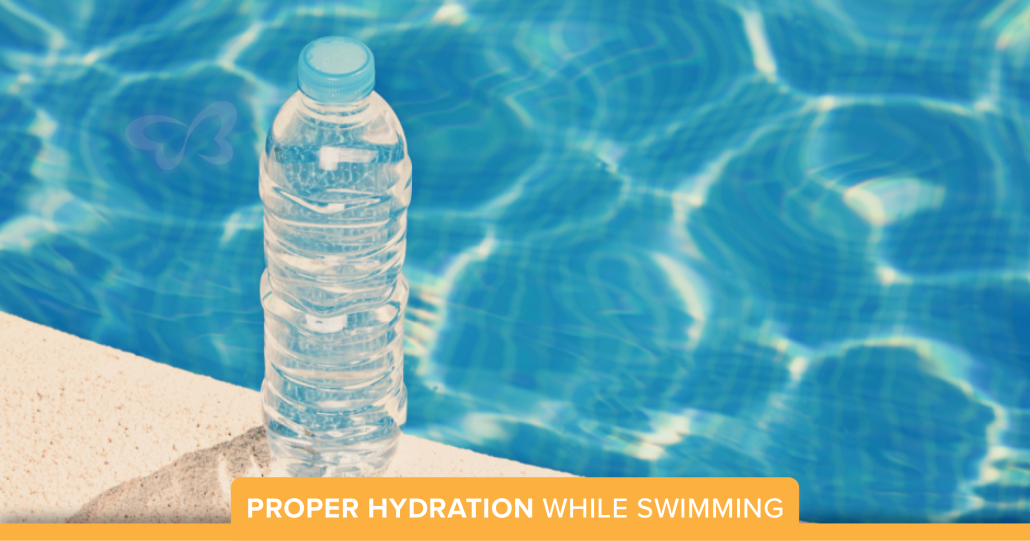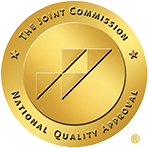
Sleep and Cardiovascular Health
You probably know that a healthy diet and exercise are important to your heart health, but so is getting quality sleep. According to the American Heart Association, there’s a strong correlation between sleep, mental health, and overall physical health, specifically cardiovascular health.
Studies have shown that getting too little or poorer quality sleep is associated with high blood pressure, elevated cholesterol, and atherosclerosis. Habitual short sleep also has been shown to increase the chance of a cardiovascular event.
Additional research that links sleep disorders with heart disease includes findings such as:
- People with sleeping disorders – like sleep apnea or insomnia – are more likely to have heart arrhythmias, plaque buildup, coronary artery disease, and heart failure than other individuals.
- Neurological disorders, like restless leg syndrome, may increase the risk of heart disease.
- Individuals with Type 1 narcolepsy may be at increased risk for heart problems. With most individuals, blood pressure dips during sleep. However, that doesn’t necessarily happen in people with Type 1 narcolepsy.
As research continues to explore the link between sleep and cardiovascular health, it’s worth taking a look at your sleep patterns. The Centers for Disease Control and Prevention (CDC) recommends that adults get at least seven hours of quality sleep a night. If you’re having trouble sleeping, the CDC recommends:
- Go to bed and wake at the same time every day.
- Set the mood. Ensure your bedroom is dark, quiet, and at a comfortable temperature.
- Remove electronic devices from the bedroom, including phones, TVs, computers, and iPads.
- Avoid large meals, alcohol, and caffeine before bedtime.
- Exercise at some point during the day.
If you are still having trouble with sleeping, see your healthcare provider.
Recent Blogs/News
We invite you to view our recent blogs and news. For your convenience, our latest Post is shown below!
 https://clearskyhealth.com/weatherford/wp-content/uploads/sites/6/2025/08/clearsky-blog-rehab-for-sepsis-patients-2.jpg
1313
2500
elv2
https://clearskyhealth.com/weatherford/wp-content/uploads/sites/6/2020/11/Logo_Weatherford.png
elv22025-08-13 05:39:302025-08-15 16:04:18Rehabilitation for Sepsis Patients
https://clearskyhealth.com/weatherford/wp-content/uploads/sites/6/2025/08/clearsky-blog-rehab-for-sepsis-patients-2.jpg
1313
2500
elv2
https://clearskyhealth.com/weatherford/wp-content/uploads/sites/6/2020/11/Logo_Weatherford.png
elv22025-08-13 05:39:302025-08-15 16:04:18Rehabilitation for Sepsis Patients https://clearskyhealth.com/weatherford/wp-content/uploads/sites/6/2025/07/clearsky-blog-traveling-with-a-disability-2.jpg
985
1875
elv2
https://clearskyhealth.com/weatherford/wp-content/uploads/sites/6/2020/11/Logo_Weatherford.png
elv22025-07-17 15:38:362025-07-18 15:02:45Traveling with a Disability
https://clearskyhealth.com/weatherford/wp-content/uploads/sites/6/2025/07/clearsky-blog-traveling-with-a-disability-2.jpg
985
1875
elv2
https://clearskyhealth.com/weatherford/wp-content/uploads/sites/6/2020/11/Logo_Weatherford.png
elv22025-07-17 15:38:362025-07-18 15:02:45Traveling with a Disability





